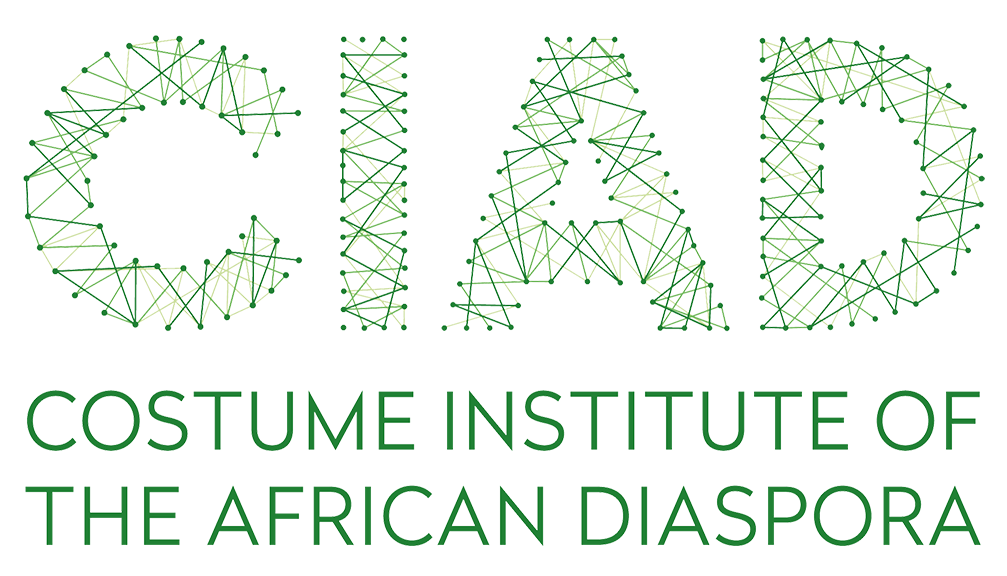The words “Orient” and “Occident” originate simply in the Latin words for sun rising (oriens) and sun setting (occidens). In his path-breaking work, Orientalism (1978), Edward Said snows how a massive and ancient discursive regime took these essentially mobile positions and fixed them in relation to an imaginary centre in Europe. The Orient” became an object which could be known by a European subject as it could not know itself. This line of argument effectively founded a new area in textual and cultural studies, that of post-colonial theory.
Said’s work has been criticised and complemented by Homi Bhabha in a series of widely influential essays, most of which are collected in The Location of Culture (1994). This volume introduces a crucial and necessary reservation against Said, that in Said’s account “There is always … the suggestion that colonial power and discourse is possessed entirely by the coloniser.” Bhabha proposes that the effort of Orientalising must always fail since the colonial subject is constructed in “a repertoire of conflictual positions”; these render Him or her “the site of both fixity and fantasy” (“Difference” 204) in a process which cannot but be uneven, divided, incomplete.
